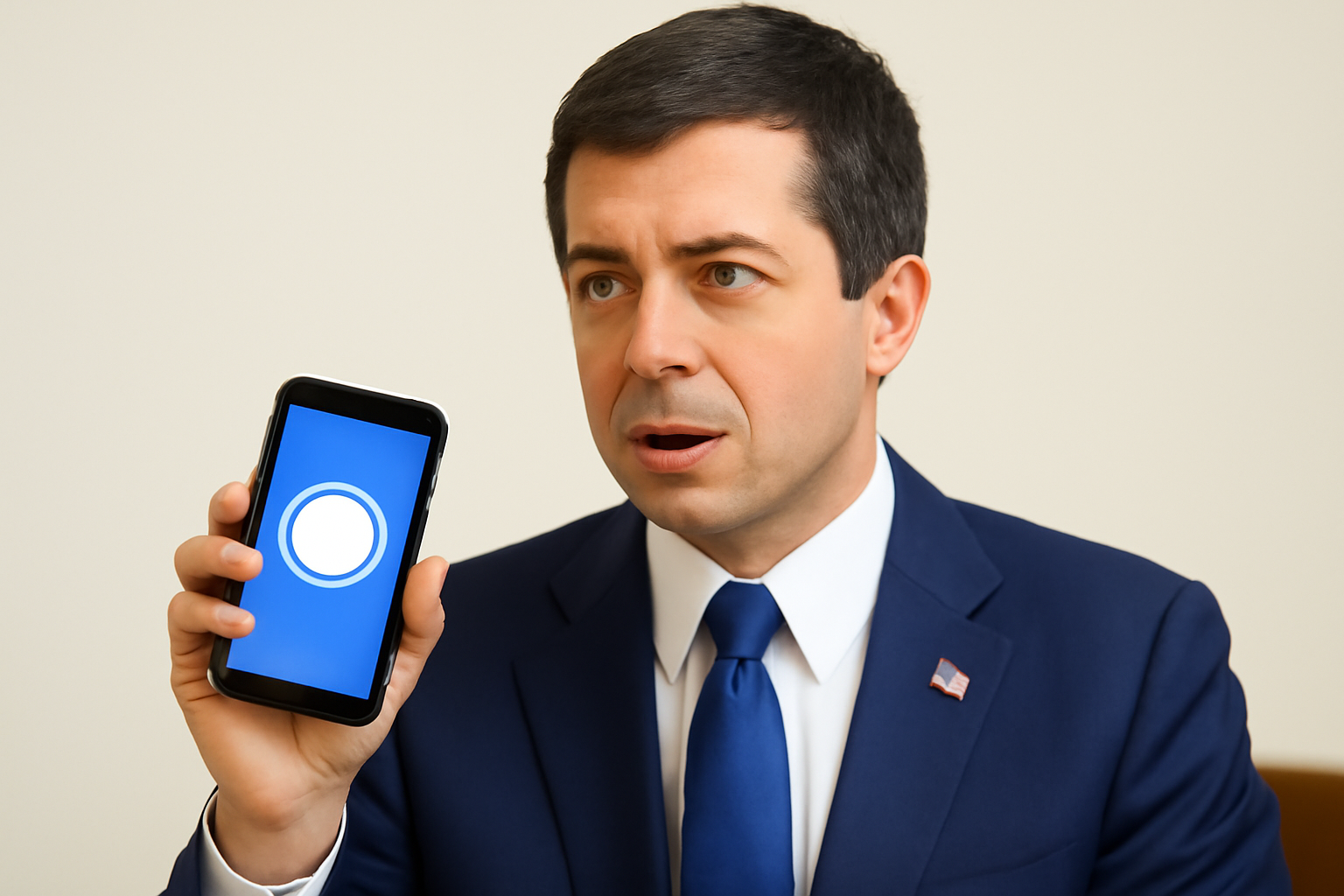
In recent discussions surrounding secure communications within government operations, Pete Buttigieg, the United States Secretary of Transportation and a prominent figure in the LGBTQ+ community, has voiced strong criticism regarding the use of encrypted messaging applications such as Signal by members of the former administration's cabinet for conducting military operations.
Concerns Over Security Protocols
Buttigieg emphasized that the utilization of such apps represents a significant deviation from established security protocols designed to safeguard sensitive information. "The integrity of military communications is paramount," he stated, highlighting the risk of sensitive data falling into the wrong hands due to inadequate security measures.
In previous administrations, strict guidelines were enforced to ensure that all communications involving national security were conducted through secure, government-monitored channels. These measures are in place to prevent unauthorized access and ensure accountability. With the advent of technology, there is a growing challenge to balance convenience with security. However, Buttigieg insists that convenience should never compromise national security.
Implications for National Security
According to Buttigieg, the decision to use Signal and similar applications for military operations could have far-reaching implications. Encrypted messaging apps, while offering end-to-end encryption, are not under the direct control of government oversight. This lack of oversight could potentially lead to breaches in security, especially if such communications are intercepted or hacked.
The former administration's approach, which Buttigieg describes as "the highest level of oversight imaginable," underscores a critical need to reevaluate and strengthen existing protocols. The concerns raised are not just hypothetical but are rooted in the potential for real-world consequences should sensitive information be exposed.
Recommendations for Moving Forward
Moving forward, Buttigieg suggests a comprehensive review of communication strategies employed within government operations. This includes ensuring that all personnel are trained and aware of the best practices for maintaining the confidentiality of sensitive information. Additionally, there should be an emphasis on developing and implementing secure communication tools that meet the rigorous demands of modern-day security challenges.
In an era where cyber threats are ever-evolving, it is crucial for government entities to remain vigilant and adaptable. By prioritizing security and making informed choices about the tools and technologies they use, they can better protect national interests and maintain public trust.
The Role of Technology in Government
Buttigieg also calls for a broader conversation about the role of technology in government operations. He advocates for increased investment in cutting-edge technologies that enhance security without compromising efficiency. Additionally, collaborations with tech firms could pave the way for innovative solutions that address current vulnerabilities while preparing for future challenges.
Ultimately, the goal is to create a resilient infrastructure that supports secure and reliable communication within all branches of government. This will not only enhance the effectiveness of operations but also reinforce public confidence in the government's ability to manage sensitive information responsibly.
As Buttigieg and other leaders push for these changes, it is clear that there is a collective commitment to safeguarding the nation's security interests. This commitment requires ongoing dialogue, research, and collaboration across various sectors to ensure robust and secure communication strategies are in place. By addressing these challenges head-on, government officials can better prepare for the complexities of the digital age.
In conclusion, the concerns raised by Buttigieg serve as a timely reminder of the importance of upholding stringent security measures in governmental communications. The potential risks associated with the misuse of technology underscore the need for continuous vigilance and proactive measures. As technology continues to advance, so too must the strategies employed to protect the nation's most sensitive information.
Related Posts
Triumphant Trans Woman Wins Legal Battle and Inspires Others to Stand Up for Their Rights
Breaking new ground: a landmark victory in transgender rights After battling in courtrooms and enduring endless challenges, Diana Portillo, a transgender woman, has secured a monumental victory in her decade-long fight against workplace discrimination. The result? Nearly $1 million awarded in a historic settlement. But this isn't just a win on paper—it represents a powerful precedent in combati [...]
Pride Month in Latin America: Protests and Demands for Equality
**Celebrating Pride and advocating LGBTQ+ rights in Latin America** Pride Month in Latin America was a lively mix where celebration met activism. Communities united, not just throwing a party but making a stand—demanding equality and pushing governments toward better protection and rights recognition. Throughout Latin America, pride events erupted in marches and cultural displays, each with a c [...]
Transgender Erasure Actions Implemented by National Park Service
```html Trump administration's impact on national park service and transgender recognition The Trump administration made notable moves in undermining transgender representation, which included directing agencies like National Park Service not include "T" and "Q" when they refered “LGBTQ” in any official communication. This move seems part a broader plan by this administration aimed at reducin [...]